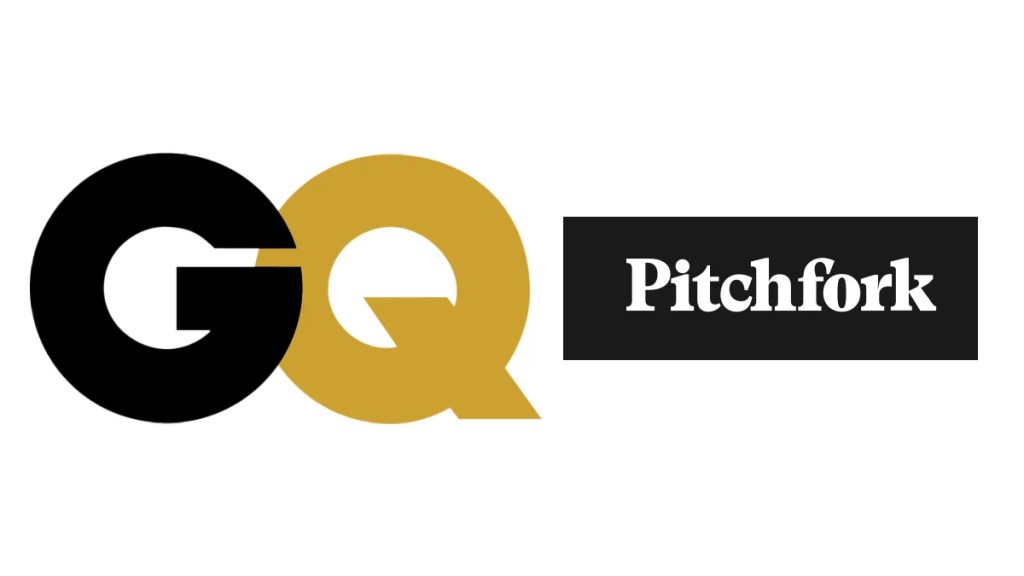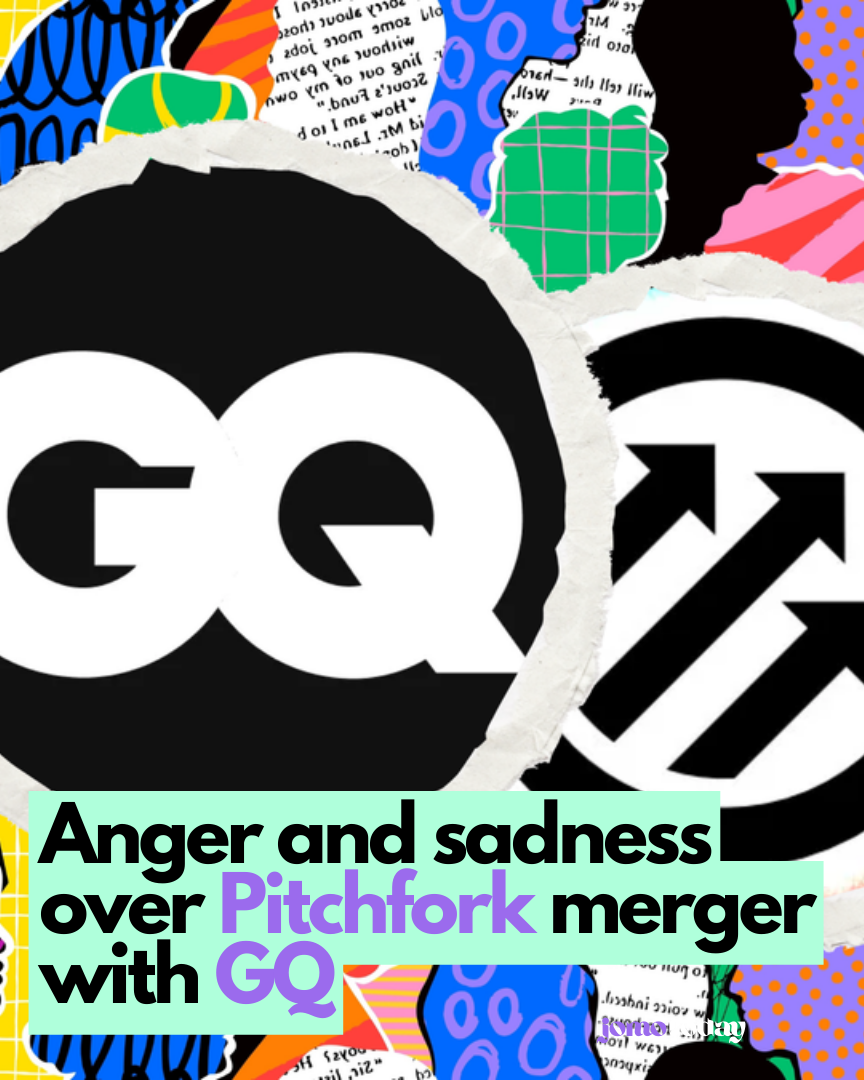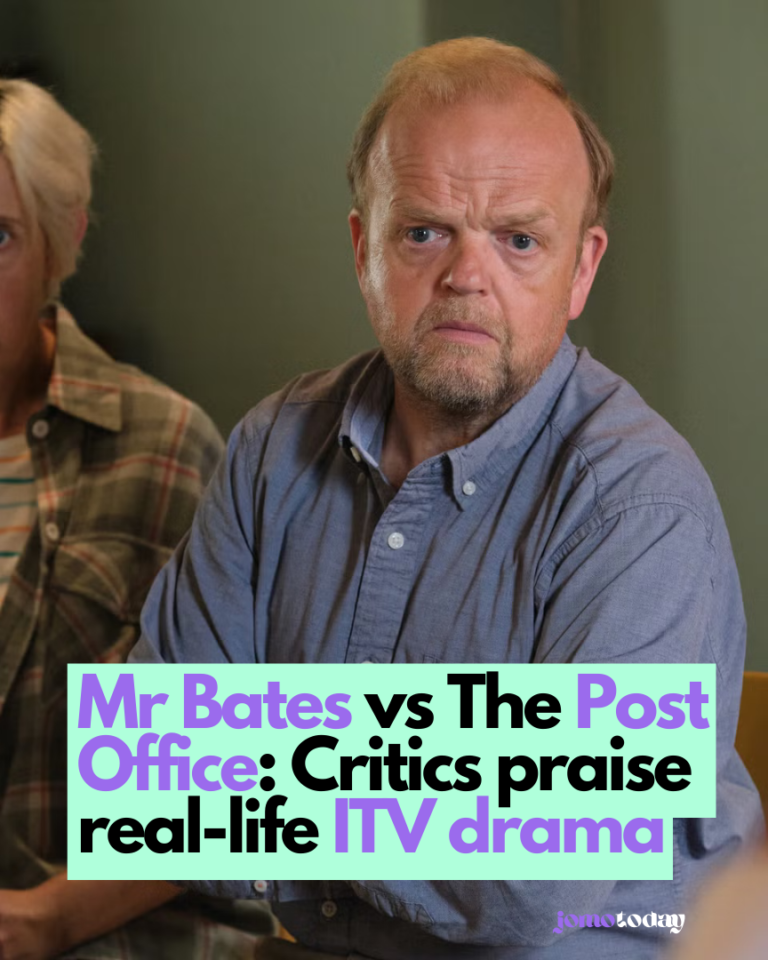Senior staff members are experiencing anger and sadness following the merger of the music website Pitchfork with the men’s magazine GQ, which has resulted in job losses.

Senior staff have lost their jobs as the music website Pitchfork merges with the men’s magazine GQ.
Condé Nast announced significant changes, including layoffs, through an email from Chief Content Officer Anna Wintour, sparking widespread disappointment amid ongoing newsroom cutbacks globally. The merger involves Pitchfork, originally an independent music blog from Minnesota since 1996, which grew into a highly respected publication after Condé Nast’s acquisition in 2015.
In the email, Wintour revealed the restructuring of the Pitchfork team within the GQ organization, leading to unspecified job losses. Editor-in-chief Puja Patel is among those departing. The decision faced condemnation from two unions representing Pitchfork staff. Many affected employees, including senior staff writer Marc Hogan and features editor Jill Mapes, expressed their sadness and frustration on social media platforms, with some describing the situation as “mass layoffs.” Condé Nast has not responded to requests for comment on the matter.
Amanda Petrusich, a staff music writer at The New Yorker, credits Pitchfork for shaping her career and musical knowledge, expressing deep concern over the apparent decline of the record review as a form. She laments the impact on her friends and colleagues due to the merger. The Pitchfork Union and The NewsGuild of New York issued a statement condemning the merger, emphasizing the importance of fair treatment for the individuals behind Pitchfork’s award-winning music journalism. Even artists who received harsh reviews from Pitchfork, like producer Dan Le Sac, acknowledge the negative impact of Pitchfork’s struggles on the music industry, advocating for more, not less, music journalism. The downturn at Pitchfork reflects broader challenges faced by music newsrooms.
Some fans are understandably angry and sad about this. Pitchfork has always been seen as this indie, alternative voice in music journalism, and now it’s moving under the GQ umbrella. It’s like your favorite indie band signing with a major label, you know? There’s a fear of losing that unique identity and edge. We’re all curious about how this is gonna play out. But you know, change can be tough, and it’s natural for folks to feel a bit off-kilter. So, what are your thoughts on this collision of cultures? Let’s chat about it!
Read More: Kneecap film: Irish language rappers head stateside for Sundance






Leave a Comment